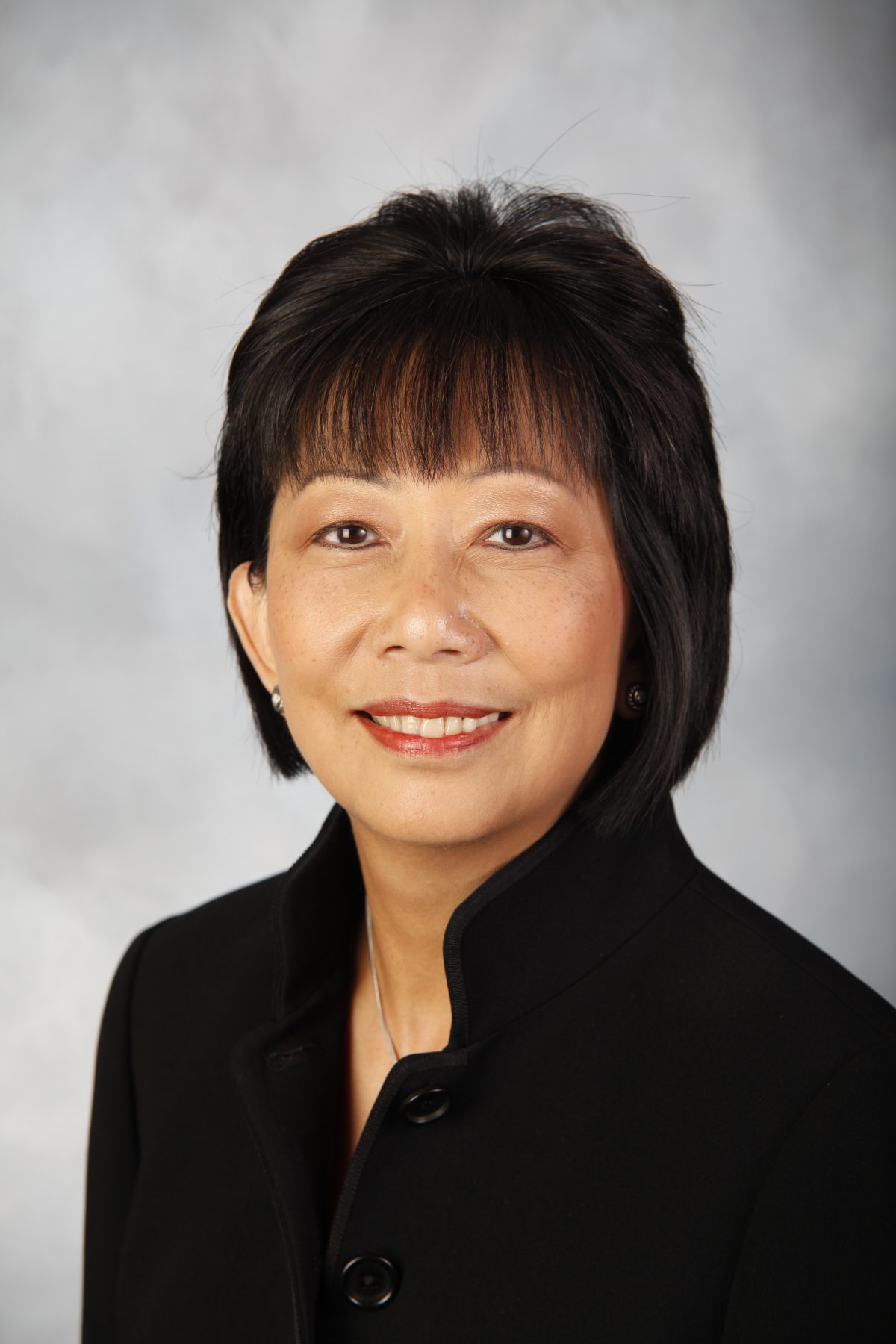
Written by California Health Sciences University
This profile of Florence T. Dunn, President, California Health Sciences University was published in the “How She Leads” supplement from September 2021.
Asking good questions is hard work. It requires research, preparation, and tact. But asking the right questions in the right way has been an important leadership and career-advancement tool for me—far more important than, for example, giving speeches or using social media.
My professional reputation was forged in the no-nonsense world of commercial banking. It was a world nearly devoid of women. To advance, I needed a superior track record. And to build that track record, I needed to ask the right questions of business owners—tough questions about finances, management, sales projections, competitors, and the economy. Often I asked questions that businesses hadn’t thoroughly asked themselves.
Later, serving on the Board of Trustees for the region’s largest employer, Community Health System, I was again a question-asker. When members of management presented reports or proposals, they could expect a probing question, or several, from me.
Asking good questions is vital to leadership in at least three ways: (1) It brings to light information that might be critical to wise decision-making. (2) It prods others to become better—to do more homework, make better presentations, and reach sounder conclusions. (3) Further, mastering the art of savvy question-asking equips the leader herself for the next big challenge, even an abrupt career change.
After retiring as a bank executive, I was approached by Valley business leader Farid Assemi. He asked that I launch and serve as president of a private university to train healthcare professionals. I was hesitant. Higher education is an endeavor with unique challenges, players, and traditions, and I had little experience in that arena. But Mr. Assemi wanted a founding president with my skills—someone who would challenge tradition, ask necessary questions, and advance the project briskly. He needed an energetic leader who is outcome-oriented and authentic to build a legacy.
Badly lagging in healthcare professionals per capita, the Central Valley desperately needed a dedicated university to produce those professionals—for the health of future generations. It was a higher calling, a leadership moment.
We established California Health Sciences University in 2012, amid big challenges. We have graduated more than 240 pharmacists and will graduate our first medical students in just two years. Leading CHSU has been the most important and rewarding assignment I could have imagined. I’m proud to support a talented team of leaders at the University – many of whom are bright women – to educate and train generations of physicians and providers for the Valley.





